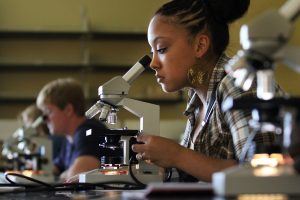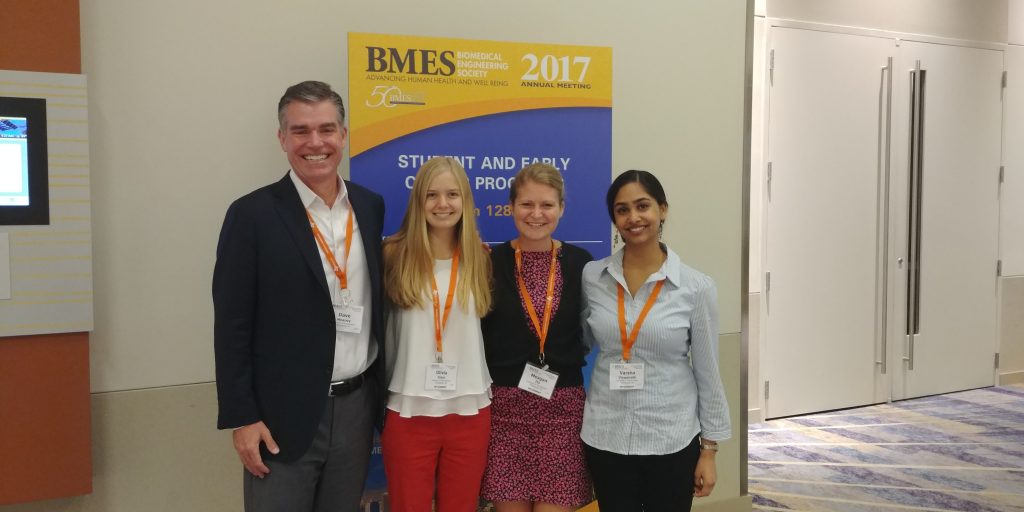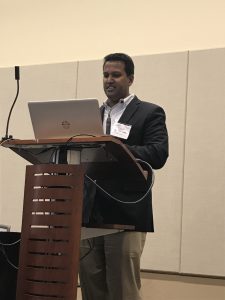 Danielle Bassett, PhD
Danielle Bassett, PhDDanielle S. Bassett, PhD, Eduardo D. Glandt Faculty Fellow and Associate Professor of Bioengineering at the University of Pennsylvania, has been named the 2018 recipient of the Erdős-Rényi Prize in Network Science by the Network Science Society (NetSci). NetSci has recognized Dr. Bassett for “fundamental contributions to our understanding of the network architecture of the human brain, its evolution over learning and development, and its alteration in neurological disease.” Dr. Bassett will receive the award and deliver a lecture on June 14 at the International Conference on Network Science in Paris. She is the seventh scientist and fourth American to receive the prize.
“Receiving the Erdos prize is a clear recognition from her colleagues that Dani is a true pioneer with many significant accomplishments to date and even more ahead of her,” says Bioengineering Chair Dave Meaney. “She is an amazing role model for all of us.”
The Erdős-Rényi Prize is awarded annually to a scientist younger than 40 years old for his/her achievements in the field of network science. It is named for the Hungarian mathematicians Paul Erdős, whose surname provided a measurement for research collaboration by academic mathematicians, and Alfréd Rényi, whose work focused on probability and graph theory. In network science, an Erdős-Rényi model is a model for generating random graphs. Dr. Bassett’s research applies the principles of network science in neuroscience, with the intention of understanding the brain better by modeling the networks and circuits of our most complex organ.
“I am thrilled and honored to receive this prestigious award,” Dr. Bassett says. “Network science is a true passion for me, and it is heartwarming to see my work, and that of my fantastic collaborators and brilliant students, acknowledged in this way.”





 The Albert Giandomenico Award, presented to four students who “reflect several traits that include teamwork, leadership, creativity, and knowledge applied to
The Albert Giandomenico Award, presented to four students who “reflect several traits that include teamwork, leadership, creativity, and knowledge applied to 
 It’s awards season again, and Penn Bioengineering undergraduates and graduate students are among the honorees. Five students received fellowships from the National Science Foundation (NSF)
It’s awards season again, and Penn Bioengineering undergraduates and graduate students are among the honorees. Five students received fellowships from the National Science Foundation (NSF) 


